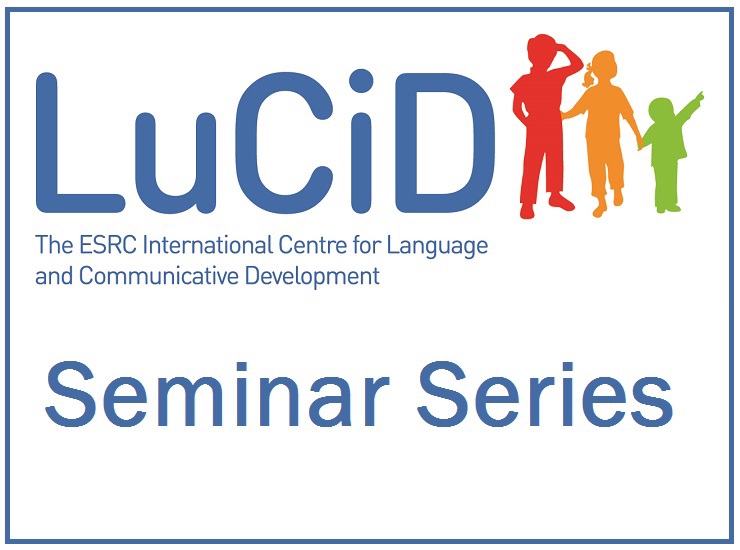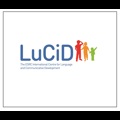
Dr Sam Wass will present the next LuCiD seminar on New meanings of 'thin-skinned': autonomic and neural correlates of biological sensitivity to context. The seminar will take place from 11.00-12.30 on Tuesday 10th January at Lancaster University and is open to anyone wishing to attend.
Abstract
Research into genetics, physiology, neuroimaging, computational modelling and behaviour, working within the conceptual frameworks of Yerkes-Dodson and Differential Susceptibility Theory, has explored how an individual’s level of stress, operationalised as autonomic arousal, can affect their learning capacities in different situations.
We present data showing that, in typical, 12-month-old infants, arousal and attention are continuously fluctuating at multiple time-scales. Fluctuations in arousal covary with, and temporally precede, fluctuations in attention. We also show that, at least in a middle-class, Cambridge, sample, infants with more attentive behavioural profiles show increased variability in arousal on multiple time-scales.
Finally we explore how biological sensitivity to context changes during development. Based on neuro-imaging evidence looking at how neural phase-locking to the temporal patterns in speech changes from infancy to adulthood, we ask: does an individual’s responsiveness to temporal structures in the outside environment decrease with increasing age?
About the author
Dr Sam Wass is an ESRC Future Research Leader Fellow at the University of East London and a Visiting Scientist at the University of Cambridge.
Seminar Logistics
Where: Lecture Theatre 06, Management School, Lancaster University
When: 11-12.30, Tuesday 10th January 2017
Directions: Details for getting to Lancaster University can be found on their website, and Management School LT06 is building 52 on the Lancaster University Campus Map
More Information: View the poster for more information about this seminar. Find out more about our future seminars.

